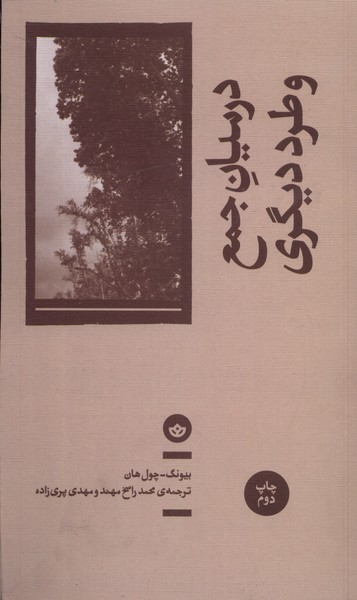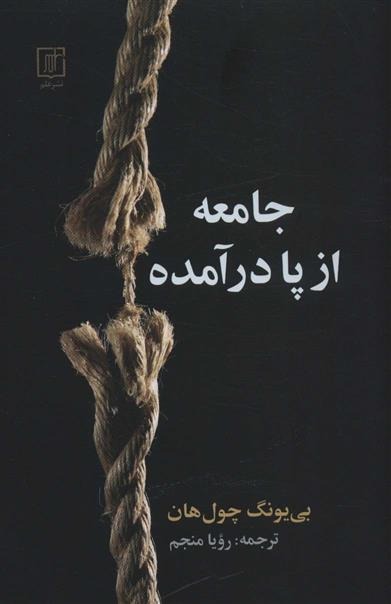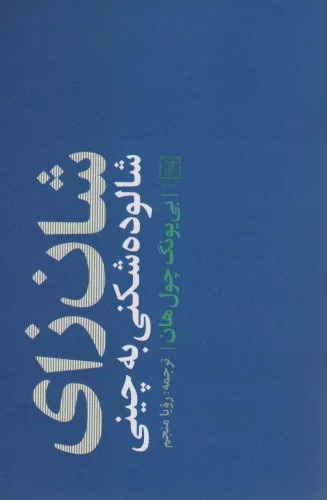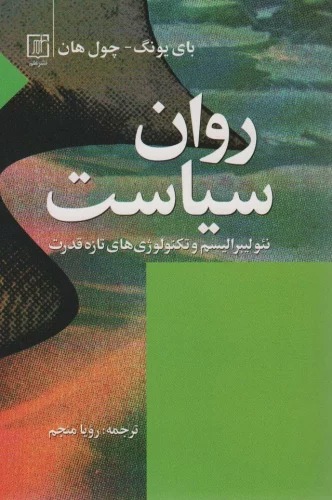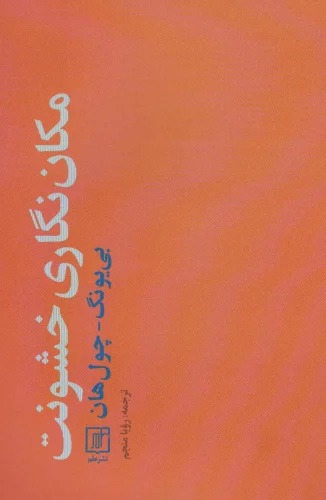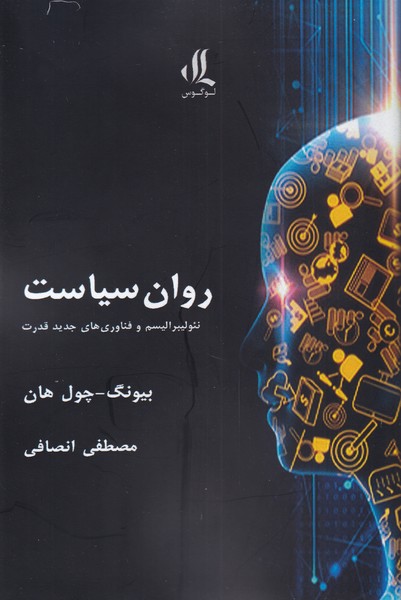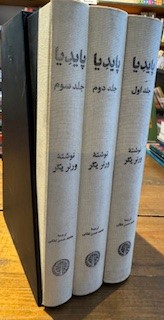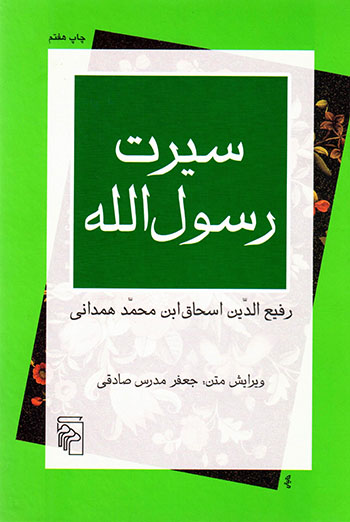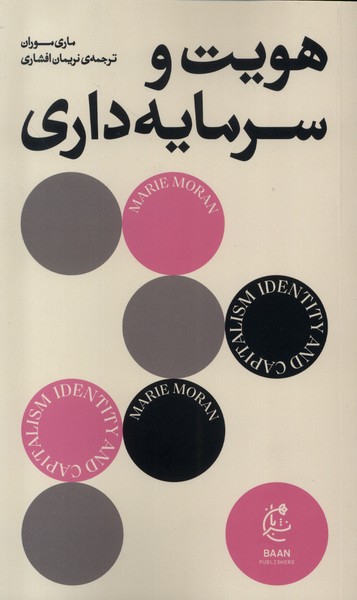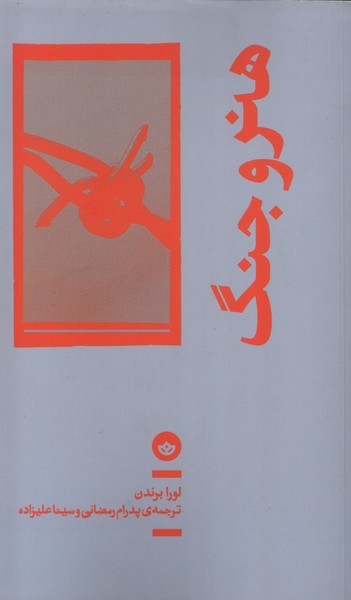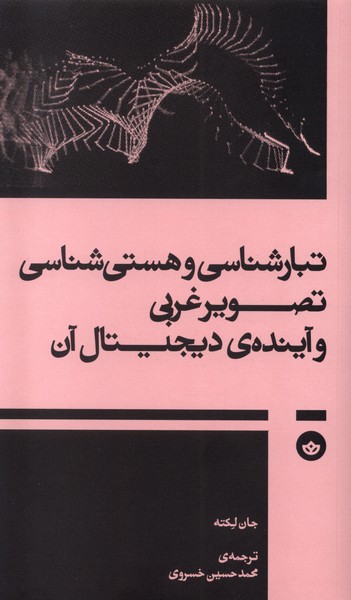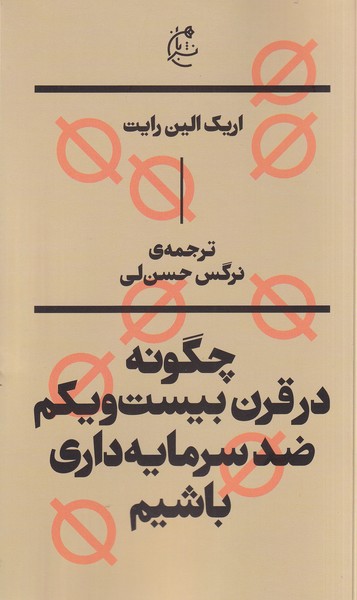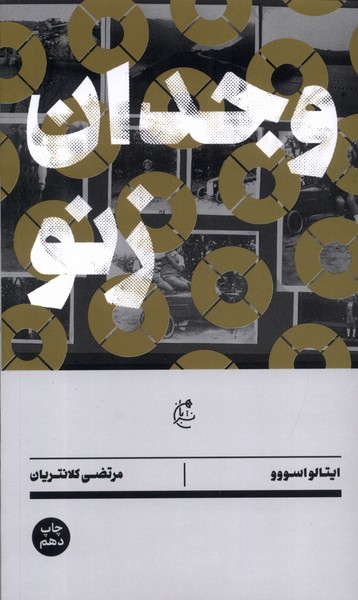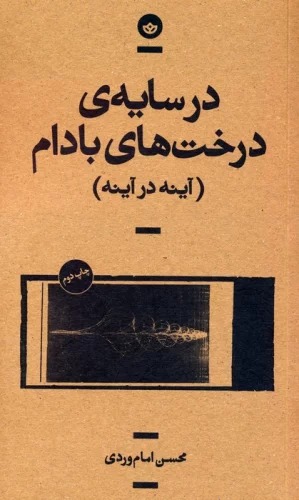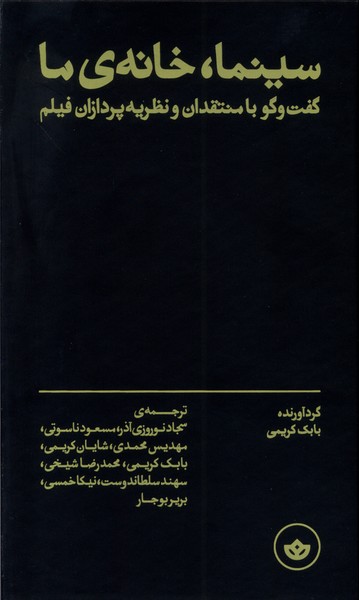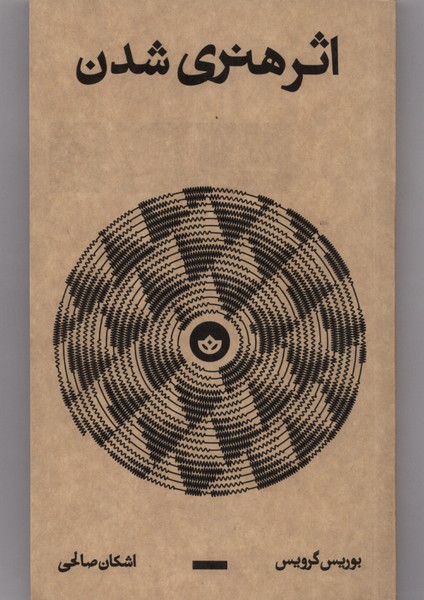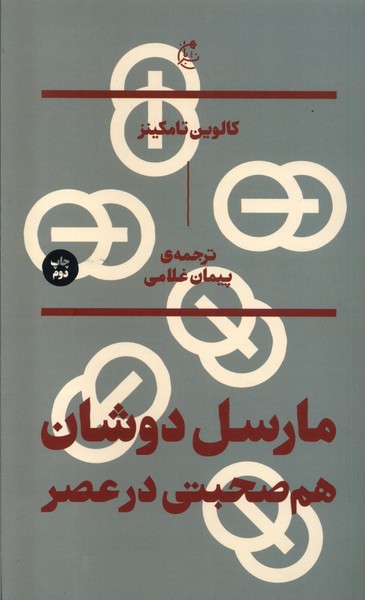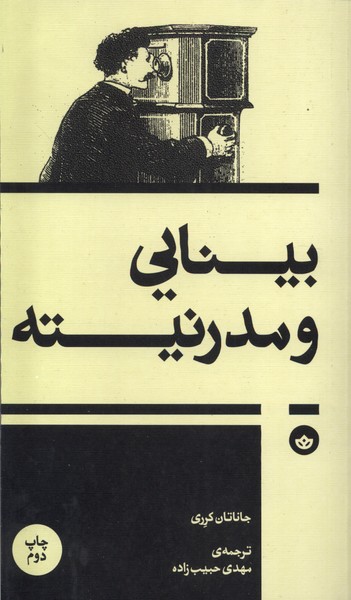Dar mīyān-i jam' va ṭard-i dīgarī: Persian 1402
در میان جمع و طرد دیگری
15.39 £
Share
Wishlist
ISBN:
9786226414647
Translator:
Muḥammad Rāsikh'mahand
,
Mahdī Parī'zād
Publisher:
Nashr-i Baan
Age Group:
Adult
Pages:
224
Weight:
196 g
Dimensions:
14 x 21 x 2 cm
Book Cover:
Board Books
Digital communication and social media have taken over our lives. In this contrasting reflection on digital life, Byung-Chul Han
joins forces with revolutionaries by arguing that digital communication is actually responsible for the disintegration of society and public space, slowly destroying any possibility for real and meaningful political action. Twitter and Facebook activities counter. Political discourse in the pre-digital and analog era was an immediate tumult when an angry letter to the editor was composed, posted, and received. Today, digital communication enables immediate and impulsive reactions that are meant to express and provoke anger on the spot. "The occasional storm represents a valid phenomenon of digital communication," Han writes.
Meanwhile, people, the senders, and receivers of these communications have become a digital group—not a mass, or a crowd, or Negri and Hart's old notion of a "crowd," but a collection of isolated individuals capable of forming "we " are not. Unable to question dominant power relations, unable to formulate the future because of an obsession with the present. The digital crowd is a fragmented entity that can focus on specific individuals to make them a subject of scandal.
Hahn, one of Europe's most widely read philosophers today, describes a society in which information trumps thought, where similar algorithms are used by Facebook, the stock market, and information services. Democracy is under threat because digital communication has made freedom and control indistinguishable. Big data has replaced big brother.
more
ارتباطات دیجیتال و رسانه های اجتماعی زندگی ما را تسخیر کرده اند. در این تأمل متضاد در مورد زندگی دیجیتالی، بیونگ چول هان با این استدلال که ارتباطات دیجیتال در واقع مسئول از هم پاشیدگی جامعه و فضای عمومی است و به آرامی هر امکانی برای کنش سیاسی واقعی و معنادار را از بین می برد، با تشویق کنندگان انقلاب توییتر و فعالیت های فیس بوک مقابله می کند. گفتمان سیاسی در دوران پیش دیجیتال و آنالوگ، زمانی که نامه ای خشم آلود برای سردبیر تنظیم، پست و دریافت شد، آشفتگی فوری به پایان رسیده بود. امروزه، ارتباطات دیجیتال، واکنشهای آنی و تکانشی را امکانپذیر میسازد که به منظور بیان و برانگیختن خشم در محل است. هان می نویسد: "طوفان گهگاهی نشان دهنده یک پدیده معتبر از ارتباطات دیجیتال است."
در همین حال، مردم، فرستندهها و گیرندگان این ارتباطات به یک گروه دیجیتال تبدیل شدهاند - نه یک توده، یا یک جمعیت، یا تصور قدیمی نگری و هارت از یک «انبوه»، بلکه به مجموعهای از افراد منزوی که قادر به تشکیل «ما» نیستند. ناتوان از زیر سوال بردن روابط قدرت مسلط، ناتوان از فرمول بندی آینده به دلیل وسواس به زمان حال. ازدحام دیجیتال یک موجودیت تکه تکه شده است که می تواند بر روی افراد خاص تمرکز کند تا آنها را به یک موضوع رسوایی تبدیل کند.
هان، یکی از پرخوانندهترین فیلسوفان اروپای امروزی، جامعهای را توصیف میکند که در آن اطلاعات بر اندیشه غلبه کرده است، که در آن الگوریتمهای مشابهی توسط فیسبوک، بازار سهام و سرویسهای اطلاعاتی استفاده میشود. دموکراسی در معرض تهدید است زیرا ارتباطات دیجیتالی آزادی و کنترل را غیرقابل تشخیص کرده است. بیگ دیتا جانشین برادر بزرگ شده است.
more

